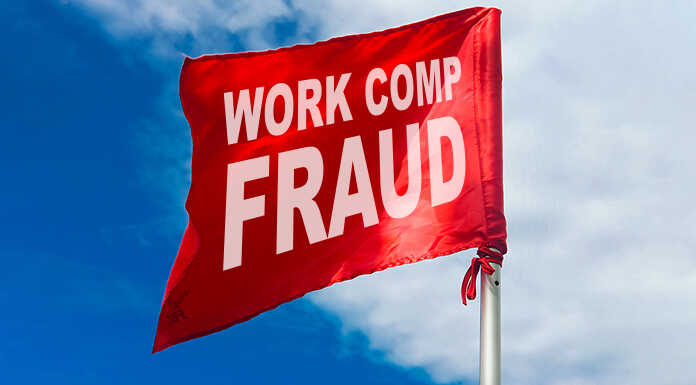Earlier this year, ICW Group received a claim for a 57-year-old truck driver who was a new hire for our insured. On his fifth day of employment, the worker reported injuries from a trip and backward fall wherein he allegedly landed flat on his back. He complained of soft tissue and non-specific pain.
The ICW Group insured was suspicious about the reported “trip” and became more concerned when the injured worker regularly failed to show up for doctor-ordered physical therapy. Lastly, the injured worker claimed to babysit for his family on weekdays and requested all medical treatment be rescheduled for weekends. The claims examiner and insured reviewed the claim and agreed to conduct surveillance.
Caught in a lie
During the initial surveillance, it appeared the injured worker was likely working for another employer. Surveillance documented the injured worker arriving in the mornings at the new employer’s place of business and leaving late in the afternoon. The video of him driving a work truck, however, was not clear enough for positive identification, so additional surveillance was ordered. After reviewing the supplemental surveillance video, the injured worker was clearly identified at this new employer.
ICW Group’s Special Investigations Unit (SIU) assigned an in-person employment verification investigation of the injured worker at this apparent new employer. The investigator spoke with the HR manager, who stated that the injured worker has been a full-time employee of the company since January 2024.
The injured worker failed to report his income and overtly denied working outside of the ICW Group employer. Based upon the evidence uncovered during the SIU investigation, the claim investigation was referred to the Florida Bureau of Workers’ Compensation Fraud. The agency has accepted the case, and it has been referred to the appropriate county for further investigation and potential criminal prosecution.
Key red flags that point to fraud
While no single or group of “red flags” is evidence of fraud, such evidence may suggest additional investigative efforts are warranted. Key red flags from this incident include:
- Unwitnessed incidents when coworkers are typically present.
- Claims reported by brand new employees.
- Injured workers that skip or avoid medical appointments.
- Injured workers who are unavailable or cannot be reached during “core business hours.”
If you have any questions or suspicions about fraud, call the ICW Group’s anti-fraud hotline at 855.ICW.FRAUD (855.429.3728). Your insights are invaluable. All statements are confidential and available only to ICW Group’s Special Investigations Unit. You can also use ICW Group’s R.E.P.O.R.T. Worksheet to gather information on your suspicions and identify evidence you may not have considered. Keep in mind that you can report fraud and fraud warning signs at any time, even after a claim has been settled.

















